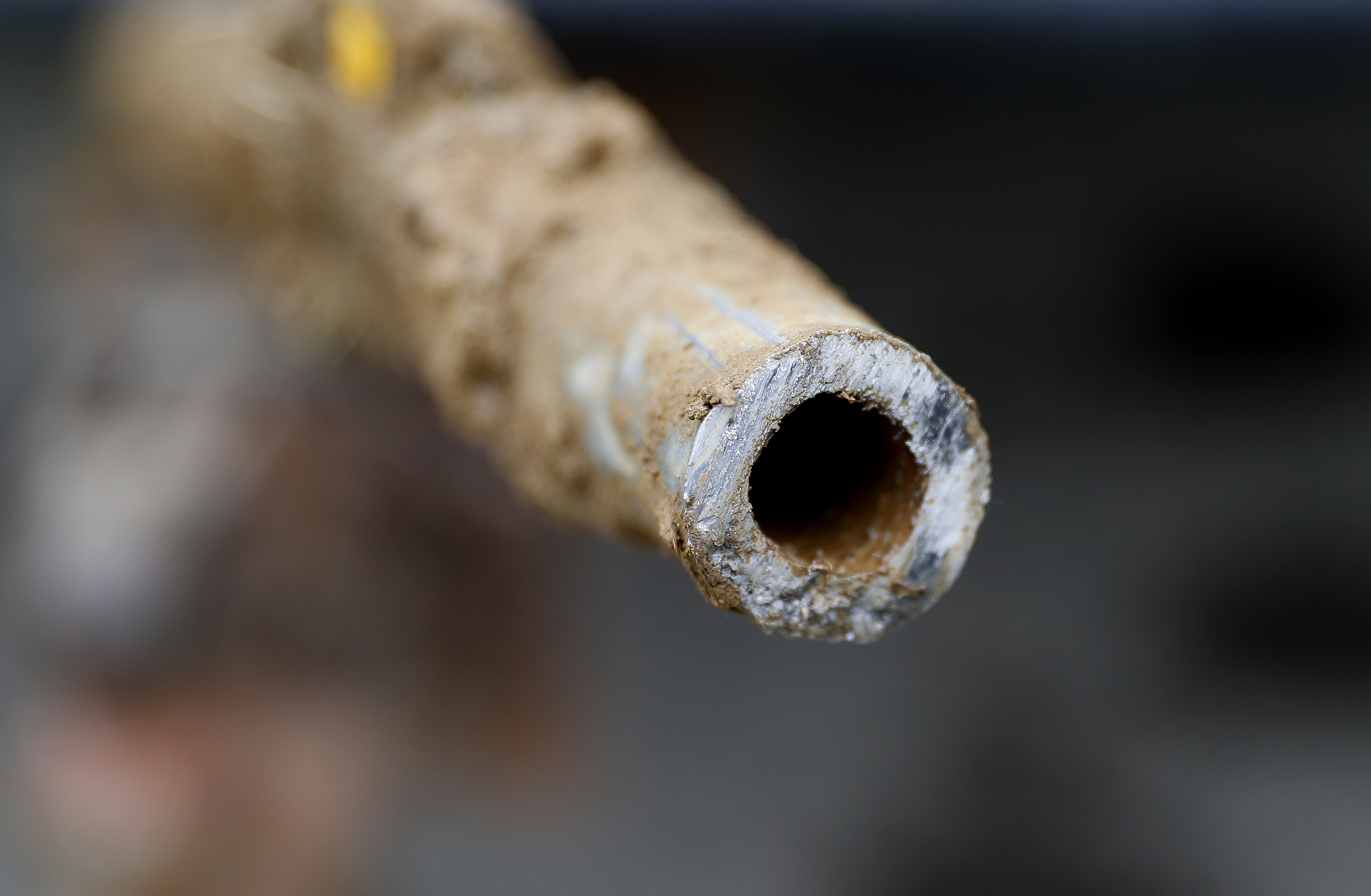
GRAND RAPIDS, Mich. (AP) — A western Michigan city has been selected to receive a $5.1 million federal water infrastructure improvement grant to help pay for lead service line replacement.
The funding also will support public engagement in Grand Rapids on the risks of lead in drinking water, according to the Environmental Protection Agency.
Both goals are part of the city’s strategic plan.
The grant will help fund 1,700 lead service line replacements in the coming years, in addition to 603 replacements currently planned in Grand Rapids’ fiscal year 2021 budget. Since 2017, the city has replaced more than 1,500 lead service lines during construction projects and through emergency leak replacements.
Millions of homes across the U.S. get their water through pipes made of toxic lead, which can leach out and poison children if the water isn’t treated with the right mix of chemicals. Replacing those lead pipes is a daunting task for cities and public water systems because of the expense involved.
In Flint, about 113 miles (182 kilometers) east of Grand Rapids, lead levels spiked in 2014 after the city switched its water source from Lake Huron, which was being treated with the anti-corrosive orthophosphate, to the Flint River, which was not treated.
Lead and steel lines are being replaced there as part of a lawsuit settlement.
Catch up on news on lead pipes on Great Lakes Now:
Another casualty of COVID: testing for lead poisoning in Michigan
Milwaukee significantly behind in project to replace 1,100 lead pipes by end of year
Court: Flint class-action can proceed over lead in water
New law mandates Indiana schools test for lead contamination
Featured image: In this July 20, 2018, file photo, a lead pipe is shown after being replaced by a copper water supply line to a home in Flint, Mich. (AP Photo/Paul Sancya, File)




